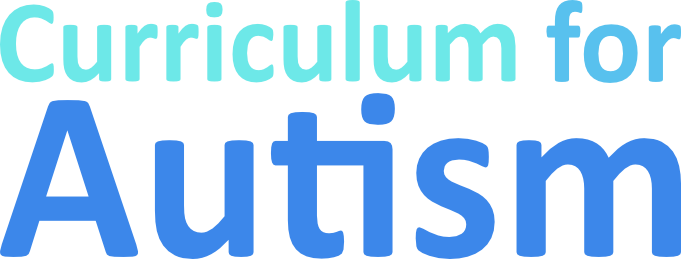How can I help my prevent my child or student with Autism becoming overloaded by too much noise?
Does your child or student with autism struggle to cope when there’s too much noise going on around them?
Does your child or teen on the spectrum cover their ears and cry whenthey hear everyday sound?
Is your loved one with autism easily overloaded by certain sound or frequencies, or by overlapping sounds (also called hyperacusis)?
Here are some simple, practical strategies which might help lessen your child’s auditory sensory overload:
Purchase a quality pair of noise cancellation headphones (such as pilots & sound technicians’ wear). These are preferable to basic ear defenders, which just muffle sound & might affect your child’s speech.
Give your child some control over sounds that could block out their trigger sounds e.g. a radio, cd player, or their own instruments.
Play background music, or sing, to cover up day to day noises such as the washing machine or a fan
Reduce other sensory stimuli where possible e.g. visual or smell
Provide opportunities to access a quiet space
Build quieter times into your daily routine
Talk less to your child, or talk in a softer voice.
Think about the pitch of your voice. Can you lower it?
In public spaces, allow your child, where possible, to choose where they sit or stand. They might feel safer if they can stand near an exit.
When you sense your child is becoming overloaded in a public space, or they communicate this to you, leave as soon as is practically possible.
Want to learn the basics of sensory processing difficulties? Download my Easy Read Guide! To better understand your child’s sensory processing difficulties, download my SPD checklist.
I hope you’ve found this helpful!
Kirsten
